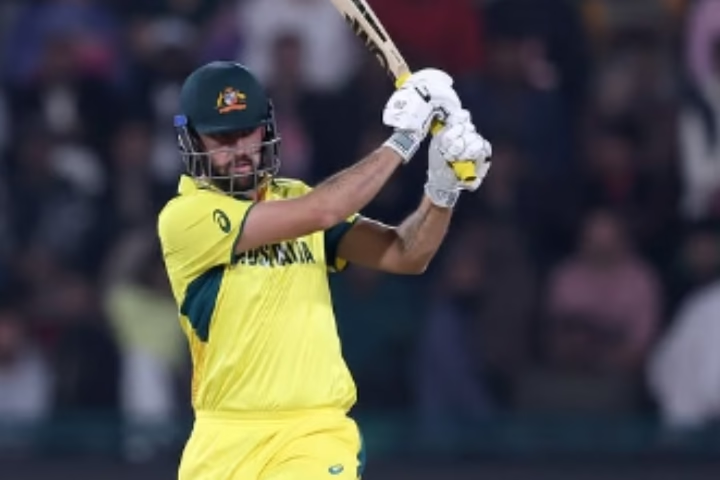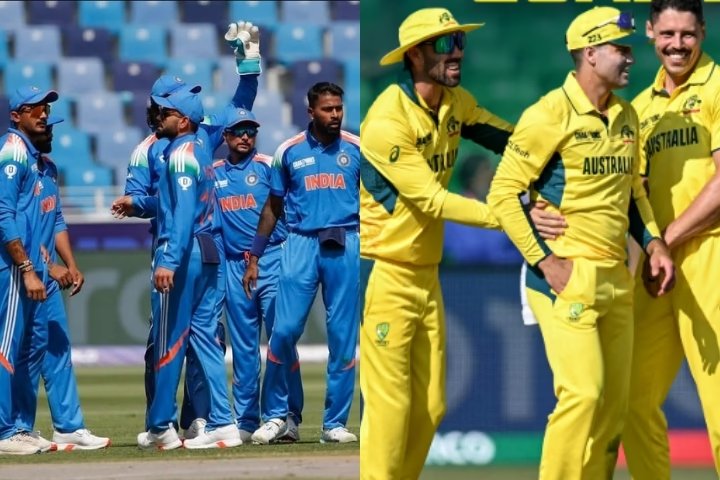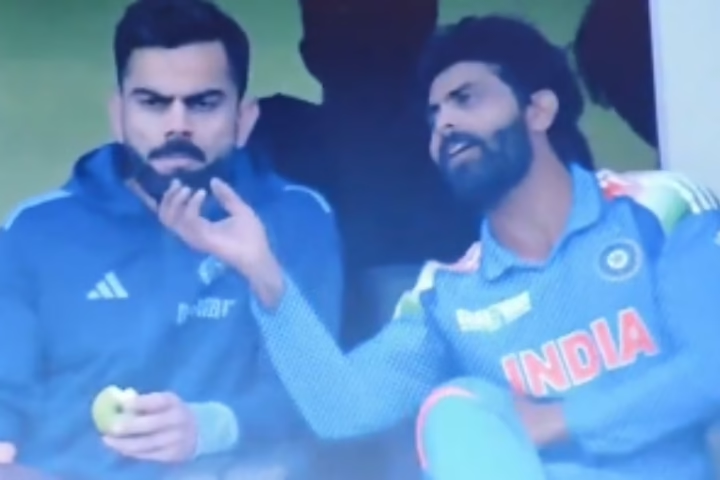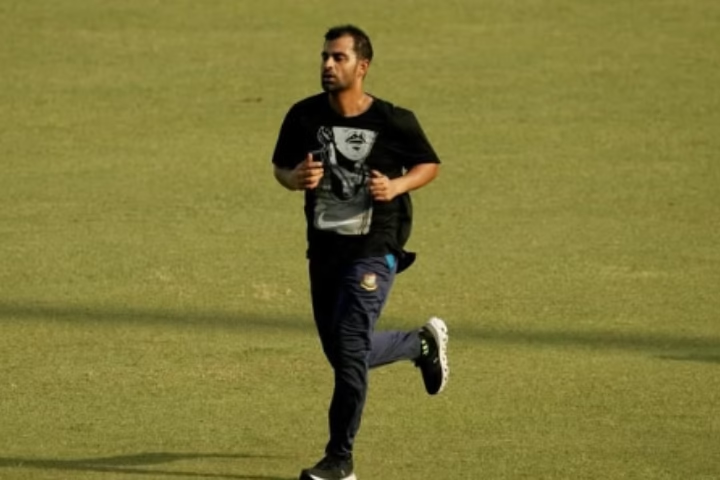Trinbago Knight Riders Make History as First Team to Receive Red Card for Slow Over Rate in CPL
By Aayush Pathak August 28, 2023

In a groundbreaking moment for cricket, the Trinbago Knight Riders etched their name in history as the first team to receive a red card due to a slow over-rate during a Caribbean Premier League (CPL) match. The incident unfolded on a riveting Sunday, spotlighting the league’s efforts to address the persisting issue of matches exceeding their stipulated time.
A great initiative by CPL Organizers
The CPL organizers have taken proactive measures this season to curb the problem of sluggish over rates. A red card penalty was introduced, targeting fielding sides lagging behind schedule at the commencement of the final over of an innings. As a consequence, the penalized team loses a player, as chosen by the captain, and is required to maintain six fielders within the inner circle.
The challenge of slow over rates has long troubled the cricketing landscape, often extending matches beyond their anticipated duration. The International Cricket Council (ICC) responded by imposing fines on international teams that exhibit tardy rates across all three formats. Moreover, the ICC also deducts World Test Championship points from teams found guilty of slow over rates.
The Trinbago Knight Riders’ encounter with the St Kitts & Nevis Patriots witnessed this historical moment. During the final over of the Patriots’ innings, Sunil Narine, who had earlier completed his quota of four overs, was removed from play due to the slow over rate penalty. This move left the Knight Riders with 10 players on the field.
TKR win despite the red card
Remarkably, despite the numerical disadvantage, the Knight Riders emerged victorious by six wickets, securing their first win in three matches. The team’s triumph was anchored by Nicholas Pooran’s explosive knock of 61 runs off 32 balls. Captain Kieron Pollard (37) and Andre Russell (23) further steered the ship, steering the Knight Riders to a comfortable win with 17 balls remaining at Warner Park in Basseterre.
Pollard expressed his discontentment with the imposition of the over-rate penalty. He underscored that the penalty detracts from the collective efforts of the team, likening the players to pawns following instructions. “If you are penalized for 30-45 seconds in a tournament like this, it is absolutely ridiculous,” Pollard asserted, highlighting the stringent consequences of the new regulation.
As the CPL forges ahead, this significant event has sparked conversations about the balance between maintaining the integrity of the game’s timeline and the practicality of such stringent penalties. Cricket enthusiasts around the world will keenly observe how the introduction of red cards impacts the dynamics of matches, possibly reshaping the pace and strategies employed by teams
Stay updated with all the cricketing action, follow Cricadium on Facebook, Twitter, and Instagram
You might also like
Recommended to you









